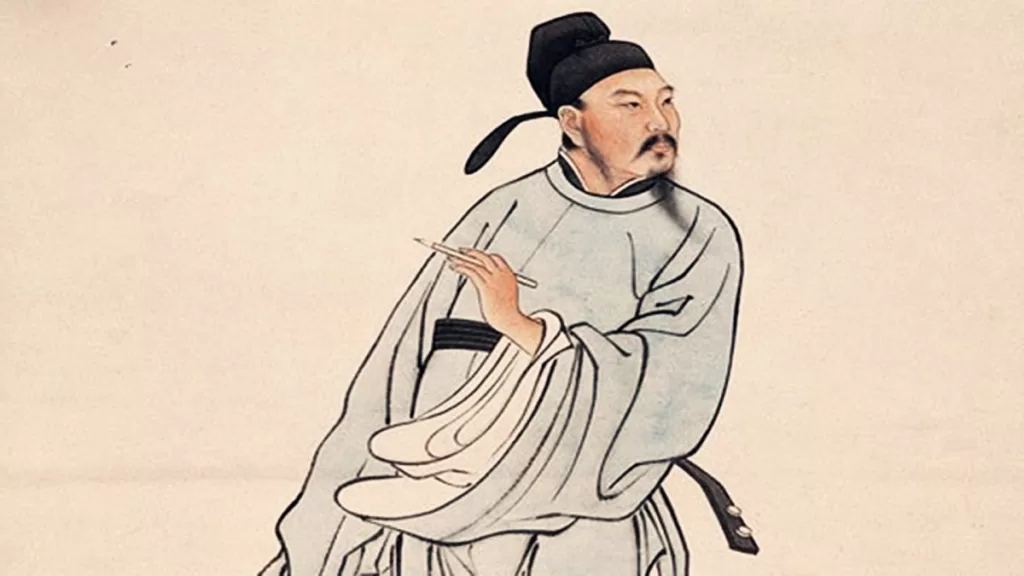Bai Juyi - Een van de drie grote dichters van de Tang-dynastie


Bai Juyi (白居易) (772-846) was a prominent figure in Chinese literature, hailing from Huazhou Xiagui (modern Weinan, Shaanxi) and born in Xinzheng, Henan. He emerged as a realist poet during the Tang Dynasty, securing his place as one of the three major poets of the era.
Bai Juyi’s early life was marked by the turmoil of regional conflicts, and he resolved to dedicate himself to learning. In the 16th year of the Tang Zhenyuan era (800 AD), he successfully passed the imperial examination, attaining the prestigious title of jinshi. In 802 AD, he, along with Yuan Zhen, excelled in the “Shujian Bacui” examination and was appointed as a copyist in the Imperial Secretariat. Later, he resigned from the position and succeeded in the imperial examination for the “Mingyutai” position, becoming the magistrate of Zhuzhou County (present-day Zhouzhi County, Xi’an). Throughout his career, he held various positions such as examiner for the imperial examination and supervisor of the Compilation of Outstanding Scholars, ultimately rising to the position of Hanlin Academician. During his tenure, Bai Juyi not only drafted edicts but also frequently submitted memorials to address contemporary issues, actively participating in political discussions and boldly pointing out the problems of the time.
In 815 AD, when Prime Minister Wu Yuanheng was assassinated, Bai Juyi, in an attempt to bring the culprits to justice, was accused of exceeding his role and was demoted to the position of a military officer in Jiangzhou (modern-day Jiujiang, Jiangxi). In 822 AD, he was appointed as the governor of Hangzhou and later served a brief term as the governor of Suzhou. In 827 AD, he became the Minister of the Imperial Secretariat and was subsequently appointed as the Assistant Minister of the Ministry of Punishments. In the later years of his life, Bai Juyi spent the final stage of his life in Luoyang and passed away in August 846 AD, posthumously honored as the Right Deputy Supervisor.
Bai Juyi was renowned as one of the most prolific poets of the Tang Dynasty, leaving behind a legacy of around 3,000 poems. His works covered a wide range of themes, and his language was characterized by its simplicity and accessibility, making his poetry relatable to a broad audience. Masterpieces like “Pipa Xing” (The Song of the Pipa) and “Chang Hen Ge” (Song of Everlasting Sorrow) gained widespread acclaim and continued to influence generations to come. Beyond his literary achievements, Bai Juyi played a crucial role in the political arena, showcasing remarkable abilities and contributing valuable ideas to the governance of the Tang Dynasty. His multifaceted impact on both literature and politics solidifies his status as a significant figure in